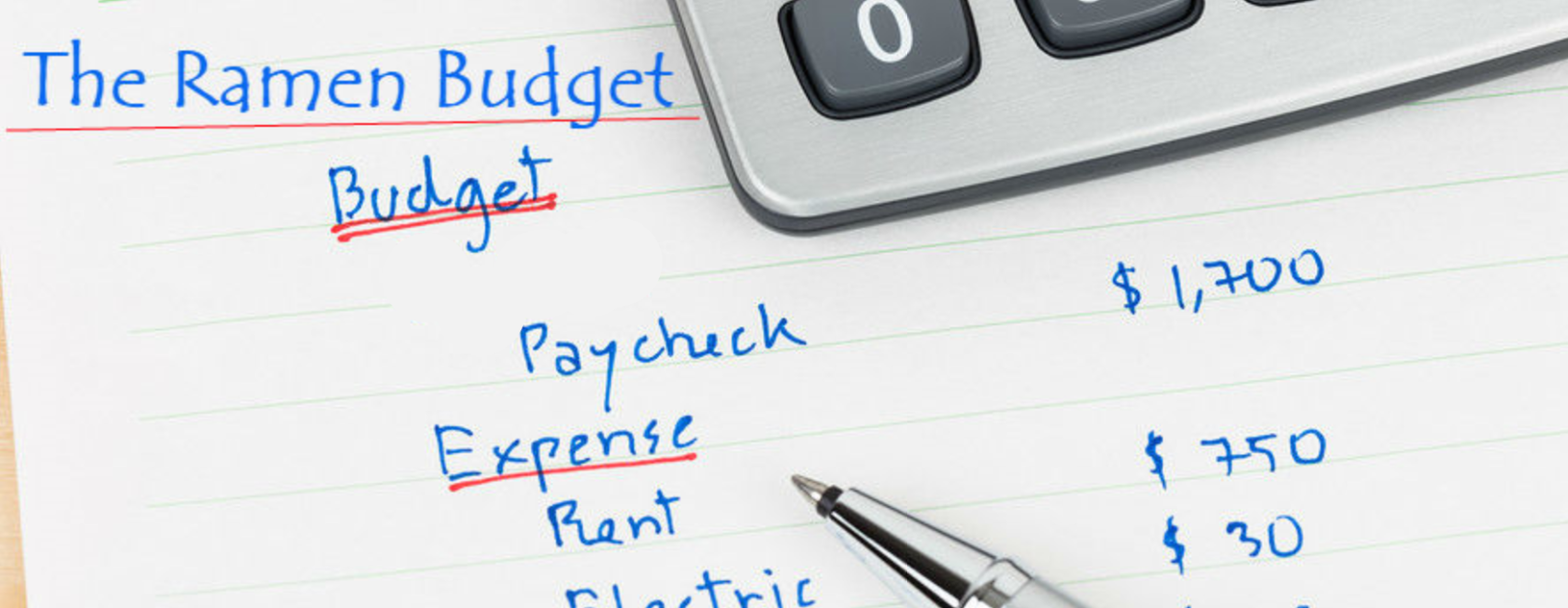Tips for Travel on a Student Budget
/Traveling on a student budget is never easy, but traveling while you’re a student is always really fun! Here are a few tips to help you travel without paying too much:
1. Planes, trains and automobiles: Getting to and around while traveling can quickly drain your spending budget, so choose your mode of transportation carefully. Research flights on multiple sites, which gives you multiple deals so you can compare rates.
2. Packing: Reduce all the clothes you planned on taking, by half. One way to make your traveling easy and cost-efficient is to be an efficient packer. Pack as light as you can because it will make a difference, especially if you have to carry your suitcase on a bus or a train. Do a little research on where you plan to travel — what’s the weather like? Pack clothes that you can mix and match and that are right for the weather and area.
3. Research money to save money: Remember that an ATM always has fees and they can range in number throughout different areas. Be sure to check into your bank’s policies for ATMs and card use, especially abroad. Also check out the exchange rate for where you will be visiting. It may be best to get some foreign currency before you leave because some exchange counters charge large interest rates.
4. Consider another student ID: If traveling internationally, be sure to get an International Student Identity Card (ISIC), which will give you access to student discounts on flights, entertainment and attractions. Most tourist destinations have student tickets that are much cheaper than regular ones, but only if you have a local or have an international student ID.
5. Be flexible: Follow the deals! Travel during the off-season or even the beginning/end of peak tourist season because you will travel for much cheaper and it will be less crowded.
Allow your schedule to be a little flexible — some attractions and restaurants have deals if you come on certain days or at certain hours. Also check out those local places that may not be the nicest; some of the best meals you will find are tiny places that cost next to nothing when compared to the hot spots.
Follow these tips – find a cheap flight, pack your bags and set your budget. Now be financially responsible while on the best adventure of your life!
Bon voyage!

